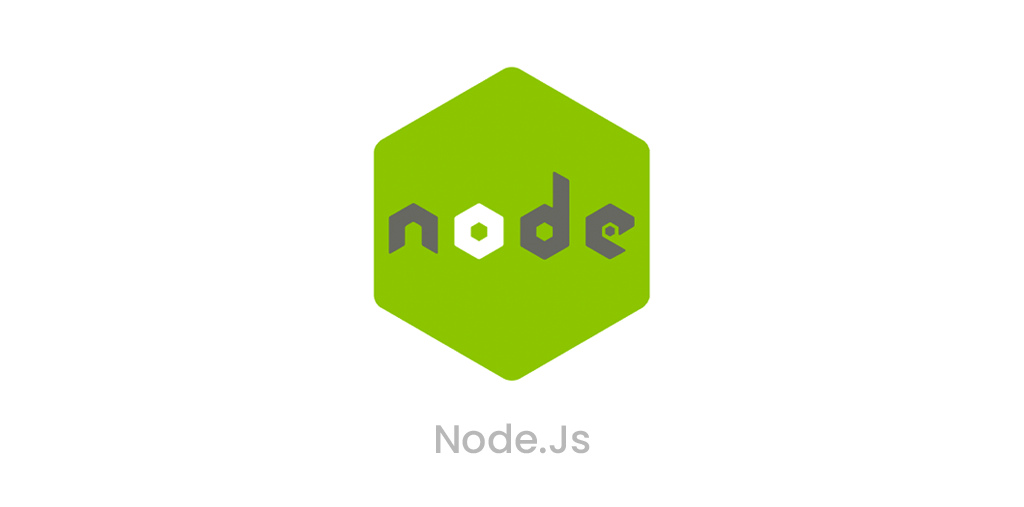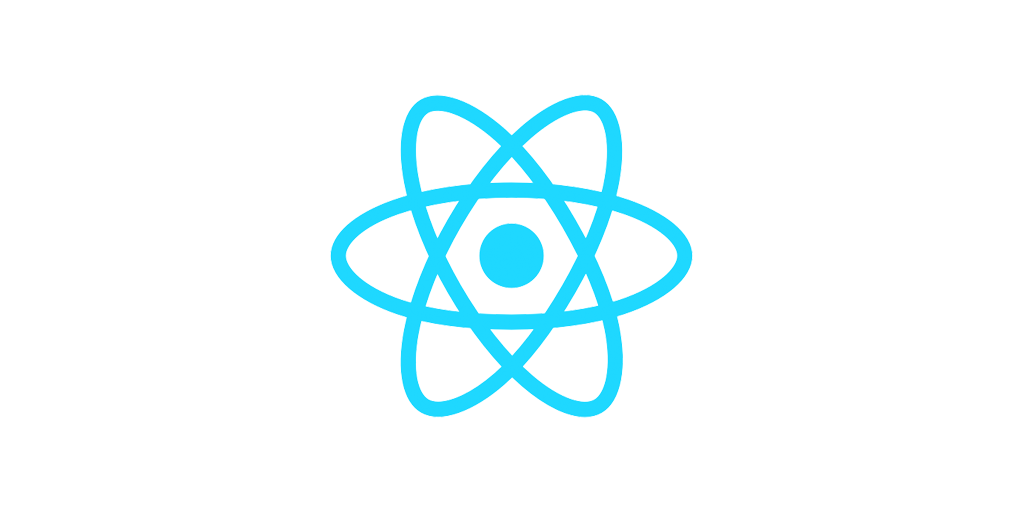
Node.js vs. ReactJS: What to Choose for Your Next Project?
JavaScript is one of the most popular languages and have many frameworks to choose from. Node.js vsReactJS are the two most popular among all, but developers struggle to decide on one.
Around 11810 companies, including Airbnb, Slack, and Instagram, currently use JavaScript in their tech stacks.
According to developer survey 2020 conducted by Stack overflow, 69.7% of that is 47,184 professional developers gave preference to JavaScript.
The major difference between Node.js and ReactJS is that Node.js is a backend framework, and ReactJS creates an amazing user interface. Well, the common similarity is we can use both in web application development. Both frameworks have their in-built advantages and disadvantages.
This article will figure out similarities and differences between the two and help you choose between Node.js and ReactJS.
Let’s understand the real difference between the two.
Table of content
- ReactJS overview
- Node.js overview
- Which is better? (comparison parameters)
- Conclusion

Node.js is an open-source, cross-platform library used for server-side programming. It helps develop web applications smooth and fast. Network applications are easily executed by deploying Node.js. In JavaScript, we can engrave basic modules easily.
Where is Node.js generally used? Well, it is used for server applications in real-time. It is built on Chrome V8 JavaScript Engine and known as JavaScript runtime, which uses event-driven and non-blocking I/O. This makes it more lightweight and efficient. The significant popularity behind Node.js is its features that it offers businesses.
Let’s study the features carefully listed below.
Node.js features-
- A free and open-source framework
- Increases web app performance
- In-built & efficient APIs
- Perform non-blocking operations
- Detailed unit testing
- Easy scalability
- Versatility
- Zero buffering
Merits of Node.js-
- Easy to learn
- Better performance
- Easy development
- Extended support for tools
- Individual modules caching
- Extensible
- Freedom and fewer constraints
Demerits of Node.js-
- Follows asynchronous programming
- No robust library support system
- The programming interface of Node is challenging.
According to the Node.js survey report, in 2019, a majority of 49.9% of developers choose Node.js, making it one of the popular frameworks, libraries and tools.
Top companies using Node.js

Netflix, Trello, LinkedIn, Uber, NASA, and eBay are using Node.js. If you are planning to develop an app using Node.js, then HIRE Node.js DEVELOPERS.

Overview of ReactJS
ReactJS is an open-source JavaScript library developed by Facebook. This frontend framework is used to build amazing user interfaces for web apps and website structures in an organized way. Because of its high performance, developers love it. Both Facebook and Instagram apps were developed using React. The library of ReactJS helps Netflix improve its runtime performance, modularity and rapidity.
Let’s understand how it offers high performance through this instance.
ReactJS alternatives are VueJS and Angular. ReactJS technology is deployed to show newsfeed while users are chatting. The main reason for the deployment of ReactJS is improving website speed and building amazing web app user interfaces.
Let’s learn about the various features which ReactJS provides us.
Features of ReactJS-
- Easy maintenance
- Simple support
- Stable code
- A virtual document object model
- Easy debugging & designer toolsets
- Rich UI for native apps
- Support both frontend & server-side
Merits of ReactJS
- Easy UI test cases
- Better efficiency
- Reusable code components
- Faster debugging
- Support both iOS & Android
- One-way data binding
- Specialized chrome extension
Demerits of ReactJS
- Difficult to learn
- Poor documentation
- The discouragingly sophisticated view layer
- View part
Companies using ReactJS

Some big companies using ReactJS are New York Times, Dropbox, Yahoo, and Khan Academy.
Node.js vs ReactJS – which is better? (comparison parameters)

Both technologies are different and are used to build different parts of the web application. It isn’t easy to compare the two, but let’s see a brief comparison between two technologies: Node.js vs ReactJS.
Node.js is a perfect framework for developing a server-side web application, and ReactJS is best suited when you want to create a project with evolving states like dynamic inputs, buttons, etc.
We can use both the framework in a single project. So, in short, we can develop the backend using Node.js and the frontend using ReactJS. The best example of such integration of frameworks is Netflix. The choice between the two depends on the need and requirement of the project.
Let’s understand it through one by one feature-
Learning curve: Node.js vs ReactJS
As compared to other Javascript frameworks, ReactJS is an easier learning curve. Developers don’t need to work hard to relearn this programming language. Further, the features like simple design, intricately detailed documentation and use of JSX make it the best library for web app development.
On the contrary, Node.js might be easy to learn, but it takes more effort to build web apps. Asynchronous programming makes it more complex.
Winner: ReactJS
- Microservices
Well, it is completely a fresh approach to transform scalable backend. With this approach, we can build a single page app as a small service suite with a lightweight mechanism, an HTTP resource API.
In ReactJS, the frontend offers a way to disintegrate a scalable frontend into more concise and smaller chunks. The developer team works over these chunks until the code is ready to be deployed. Let’s understand this with an example.
An eCommerce platform developed with ReactJS can be categorized into different sets of features, and different teams manage it, including frontend, shopping, DevOps, and microservices (backend). It allows micro frontends to indirectly communicate and minimize direct coupling. Thus it proves as a great solution that makes the process of data downwards and passing callbacks easy.
On the other hand, Node.js truly complement microservices and enables organizations to achieve security, agility and superior performance. Apps are built with no complications.
Winner: Node.js
- Community support
As we all know, Facebook maintains ReactJS; thus, it has the support of a huge team. The best part about ReactJS is that it changes frequently and helps developers work more efficiently.
Node.js is also open-source like ReactJS, and its community is huge and active. But it is mainly engaged in fixing issues, bugs, and improving languages.
Winner: ReactJS
- App performance and size
What affects the quality of web applications? The app performance and size are two significant factors. It directly affects the load and response and gives customer satisfaction with web applications. If we talk about the comparison in terms of performance, then the winner is Node.js. Let’s understand how?
ReactJS- Because of visual DOM features, it can handle regular UI updates.
Node.js- It offers its clients improved productivity, better satisfaction, decreased development cost and increases app performance. Node.js offers various other features, such as robust backend, high performing apps, asynchronous and non-blocking nature and reusability.
Winner: Node.js
Conclusion
On fair notes, the comparison between Node.js and ReactJS isn’t correct! These two are entirely different technologies used to deploy for building a web application. Undoubtedly they both are Javascript based, but the selection of any one technology depends on the requirement of the project. So honestly, comparing two is like comparing a pineapple with an apple.
Both languages have their benefits and offer unique solutions to meet company needs. In JavaScript-driven software, the majority of things seem unclear. No worries, consult GKMIT experts. Our software development company offers 9+ years of experience in delivering top-notch services, including hiring Node.js developers and hiring ReactJS developers.